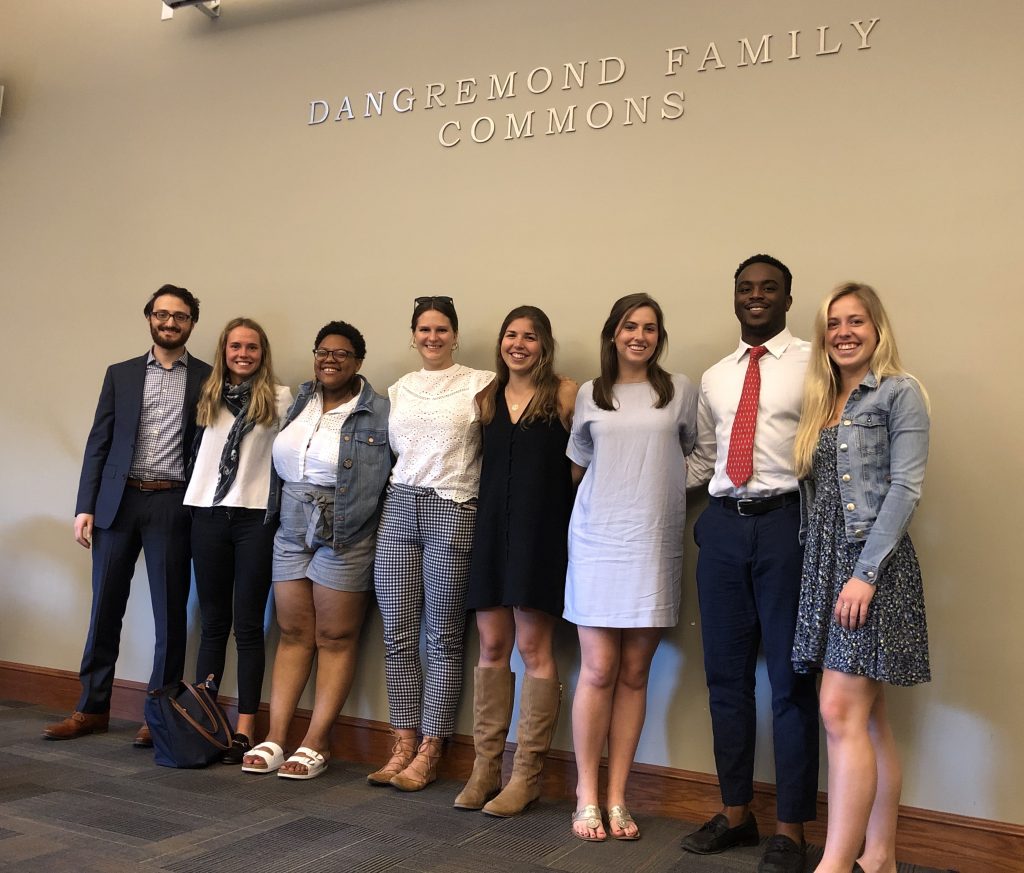While debates on the memory and legacy of slavery take the national stage, colleges and universities are reckoning with how their own histories of slavery and exploitation may have shaped their pasts and their presents. It is Trinity’s turn for an honest accounting.
In the Spring of 2019, the Trinity community embarked on an investigation of the college’s historic connection to the multi-faceted institutions of slavery and their ongoing reverberations on campus, across the nation, and around the world in a course designed by Professor Manevitz titled “The History and Memory of Slavery at Trinity.” This is the research students produced.
Together, we asked difficult questions about our college and ourselves, learning about how slavery and racial inequality worked in history and how they shape our present. Combining archival research and public humanities, we also created projects and archives commemorating Trinity’s past, which our community will be able to use as we plot a course for a more equitable future.
Recent scholarship has emphasized slavery’s many facets and their far-reaching tendrils. In this course, students discovered Trinity and Hartford’s place in slavery’s vast social, cultural, economic, and political networks. In January 2019, Trinity joined the Universities Studying Slavery consortium, an international coalition of colleges and universities engaging in this kind of work. While we join a growing movement, it is important to note that this research is predominately being done by the Ivy League institutions and by schools in the US south, which have more obvious connections to slavery. Trinity is at the fore when it comes to northern liberal arts colleges asking these questions, which gives us a unique opportunity to understand slavery as a whole system of race, politics, finance, and social institutions like churches and schools rather than a phenomenon that only encompasses enslaved people and those that claimed to own them. Though, Trinity is not untouched by that version of slavery either.
Maya Angelou wrote that “history, despite its wrenching pain, cannot be unlived, but if faced with courage, need not be lived again.” There are aspects of this story that certainly are wrenching. It is our hope, however, that these histories, faced with courage, can help us engaged in meaningful and productive conversations about race, power, and inequality—at Trinity, in Hartford, and beyond—with a stronger footing and a sense of a shared past.

Acknowledgements:
Special thanks to Dr. Christina Bleyer and the staff of the Watkinson Library.